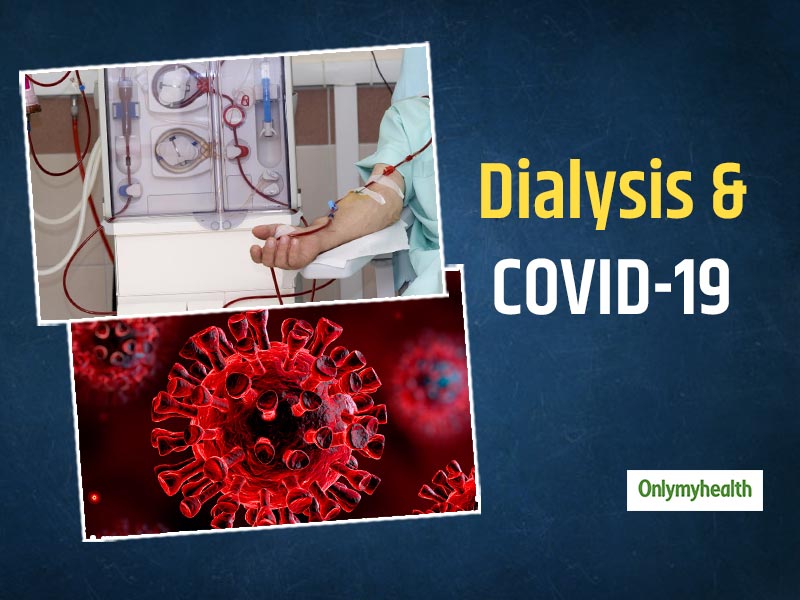
Dialysis is a process that artificially excludes waste products and excess water collected in the body due to kidney failure. Dialysis is done for those with complete kidney failure or end-stage kidney disease or acute kidney injury. When the kidney's efficiency decreases by 80–90%, then this condition is of end-stage kidney disease (ESKD). In this, waste products and fluids cannot get out of the body. Toxins accumulating in the body in the form of creatinine and other nitrogen waste products show symptoms like vomiting, breathlessness, swelling in the stomach, etc. These are collectively called uremia. At such times, general medical management becomes inadequate, and the patient needs to start dialysis.
Table of Content:-

Also Read: Coronavirus And Kidney Disease: Dr Sanjeev Gulati Explains COVID-19 Effect On Kidney Health
But in times like these when the scare of COVID-19 is at the peak, and someone is in dire need of dialysis, it is must that all necessary precautions are taken to avoid any untoward experiences. Dr KK Aggarwal, President CMAAO explains the essential precautions one needs to consider while doing dialysis to a COVID-19 patient. Firstly, one should know about the symptoms of the patient undergoing dialysis such as cough, fever, breathlessness or anything of this sort before undergoing the treatment. There are specific measures that a patient and a doctor should take while doing dialysis for people with COVID-19 symptoms, which include:
Symptoms To Be Reported
The patient should call before actually going to the hospital with a list or report having all the necessary details about the signs for the hospital staff and doctor to be more prepared. Also, all details of the patient should be given to each and everyone attending him/her for complete care and protection of others too.
Hygiene Is A Must
Those with symptoms of respiratory infection should be provided with a facemask at check-in and instructed to wear it until their departure. Essential care tips about the right way to cough, hand care and hygiene, proper way to put a mask on and disposal should be told to both, the patient and the hospital staff. Dr Aggarwal says that one should keep telling the patients about clearly showing all their symptoms to the office staff and also place hygiene stuff close to the patient for easy reach.
Separate Allotted Space
Dr Aggarwal adds, "Dialysis for ill patients with COVID-19 symptoms should be done at a place where they are placed at a minimum distance of 6 feet from the rest. Ideally, those with such symptoms should be treated in a different room for complete care."
#HealthCareWorkers ����⚕️����⚕️must practice good hygiene in health facilities to protect themselves & others from #COVID19.
— WHO African Region (@WHOAFRO) April 3, 2020
1⃣Wash/rub hands regularly w/ soap + water or hand gel����
2⃣Cover mouth w/ tissue or flexed elbow when coughing/sneezing������
3⃣Avoid touching �������� pic.twitter.com/iwzopAP2IZ
Also Read: Infants In Womb Can Develop Kidney Dysplasia
Also, doctors and healthcare staff coming in contact with COVID-19 symptom patients are at the highest risk of the disease and hence should take all necessary precautions like using eye protection, masks, gloves, isolation gowns, etc. Also, the surface in contact with the patient should be regularly disinfected to limit the transmission of the virus.
Read more articles on Other Diseases
How we keep this article up to date:
We work with experts and keep a close eye on the latest in health and wellness. Whenever there is a new research or helpful information, we update our articles with accurate and useful advice.
Current Version